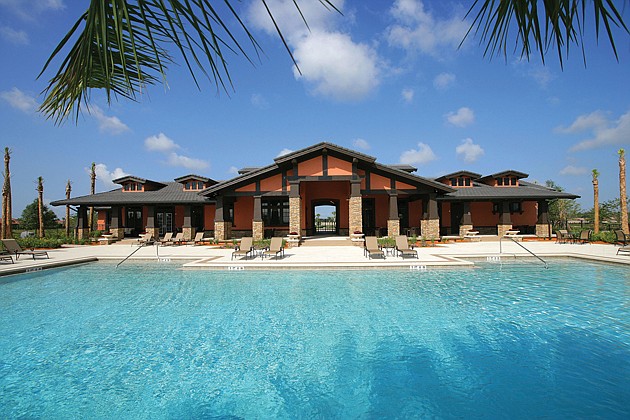- November 27, 2024
-
-
Loading

Loading

WCI Communities was nearly left for dead when the homebuilding company filed for bankruptcy in 2008.
Many expected the company's land and speculative homes to be sold off. But creditors bet otherwise, and WCI emerged from bankruptcy with $450 million in debt in 2009.
Now, WCI is embarking on a mission that seemed unthinkable during the real estate bust: It is preparing to sell $150 million in stock and become a publicly traded company on the New York Stock Exchange with the symbol WCIC.
WCI's rise from the ashes is quintessential Florida, where booms and busts have defined real estate success, failure and redemption. “We are at the beginning of a six- or seven-year cycle,” says Bruce Erhardt, executive director at Cushman & Wakefield, a longtime land broker in the Tampa Bay region.
The company, whose slogan is “The Experience is Everything,” says in Securities and Exchange Commission filings that it intends to use the money for land acquisition, development and home construction. Executives could not be reached because of restrictions on solicitations prior to an initial public offering.
“I think these IPOs put more pressure on land prices because you have more people chasing deals,” says Randy Thibaut, president of Land Solutions in Fort Myers. “The building industry is the darling of Wall Street right now.”
Since WCI emerged from bankruptcy in 2009, it has paid down its debt load to $123 million by selling land it owned outside Florida and the speculative homes it had overbuilt during the boom.
Meanwhile, the residential real estate market has rebounded. WCI's homebuilding revenues surged 157% in 2012 to $147 million compared with 2011, and the average selling price of a new home rose 21% to $396,000 in that same period.
WCI's CEO is Keith Bass, who has held senior management positions with homebuilders Taylor Woodrow and Ryland Homes. Bass, who served on WCI's board since early 2012, became CEO in December after David Fry resigned.
Other top executives include Paul Erhardt, vice president of community development and operations overseeing all community design, planning and land acquisition, and Mike Wolf, named vice president of land acquisitions in April 2012. Wolf formerly was involved in land acquisitions for luxury homebuilder Toll Brothers.
“Those three are really top-notch people,” says Bruce Erhardt (no relation to Paul Erhardt). “They've got top management in place.”
Indeed, the company is profitable today. Besides homebuilding in nine master-planned communities in the state, the company also has 39 residential brokerage offices with 1,340 real estate agents.
WCI reported net income of $600,000 on revenues of $53.7 million for the three months ending March 31, compared with a $6.7 million net loss on revenues of $33.1 million in the same quarter in 2012. In 2012, the gross profit margin as a percentage of revenues on the 352 homes it sold was 31.5%, compared with 20% from 128 homes sold in 2011.
WCI already has started its land-buying program. It acquired Sarasota National, a residential community in Venice with about 1,525 lots for $47.2 million in April, for example. In total, WCI now owns or controls 8,300 lots.
It's not clear when the shares of WCI will be sold, and a price has not been established yet. Lead underwriters include Citigroup, Credit Suisse and J.P. Morgan.
WCI's roots stretch back to the mid-1990s, when Tampa developer Al Hoffman combined his company, Florida Design Communities, with Westinghouse Communities. Hoffman took WCI public in 2002, raising more than $130 million.
Hoffman sold his stake in WCI and left the company in 2006 when he was appointed U.S. ambassador to Portugal. The company filed for bankruptcy in 2008 after a bruising but unsuccessful takeover attempt by New York financier Carl Icahn.
“My advice is this: Proceed with caution,” Hoffman says when told of the new IPO. “I wish them well. God knows they need it.”